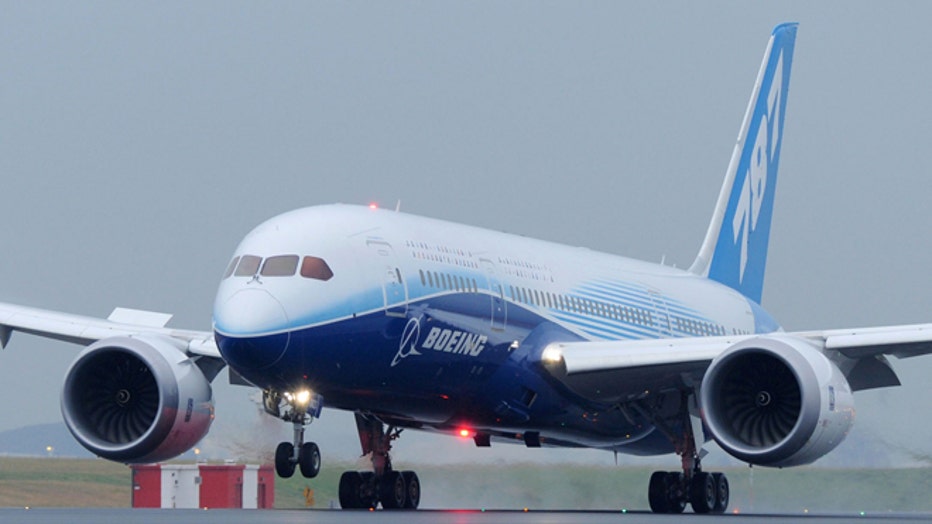Manufacturing defect leads Boeing to ground several 787 planes

Boeing reports 2.4B second-quarter loss
The North Sound braces for more Boeing job cuts and possibly losing 787 production.
Boeing has found manufacturing defects on some of its 787 long-range airliners in areas where parts of the fuselage are joined together, the latest setback for the aircraft maker whose 737 Max is still grounded after two deadly crashes.
The company said Friday that eight planes must be inspected and repaired before they are allowed to fly, and it contacted the airlines, which removed those planes from service.
Boeing declined to identify the airlines involved, but United Airlines, Air Canada and Singapore Airlines confirmed that each has one plane grounded for inspection.
Boeing Co. said that it discovered “two distinct manufacturing issues” toward the rear of certain 787s that means the planes don’t meet design standards. The company said it notified the Federal Aviation Administration and is trying to determine the cause of the problem.
RELATED: No orders, more cancellations for grounded 737 Max
The issue was first reported by The Air Current, which said it was the first known instance of a structural problem with the plane’s mostly carbon-fiber fuselage causing Boeing to tell airlines to ground 787s.

A Boeing 787 Dreamliner. (Photo: Boeing Co.)
The 787, which Boeing calls the Dreamliner, entered service at many airlines in 2011 and became popular with airlines for longer routes because of size and fuel efficiency. Boeing has delivered nearly 1,000 of them.
In 2013, when there were about 50 787s in service, the planes were grounded worldwide for three months after battery packs on two of them overheated, including a Japan Airlines 787 that was parked at Boston’s Logan Airport. Regulators allowed 787s to resume flying after Boeing redesigned the housing around lithium-ion batteries used for auxiliary power systems including the electrical system in the cockpit.
FAA: Boeing pressured safety workers at SC aircraft plant
Last year, Singapore Airlines grounded two of its 787s after finding that fan blades on some Rolls Royce engines deteriorated faster than expected.

